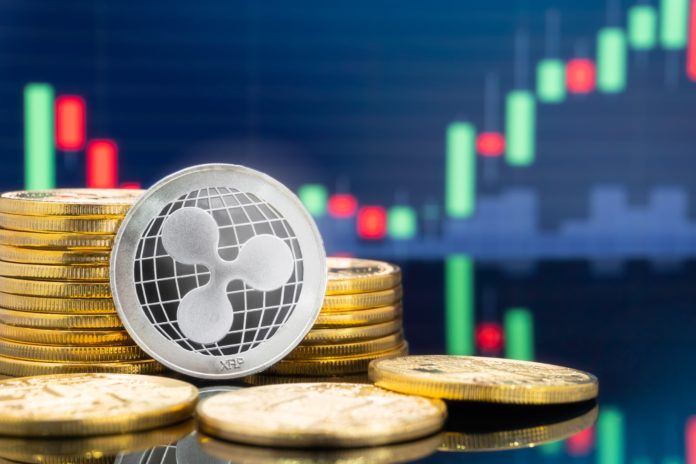
Currently, there is an intense debate about the defeat of the U.S. Securities and Exchange Commission (SEC) in the lawsuit against Ripple. Apparently, the SEC is not willing to accept Judge Torres’ ruling and so the question arises: Would an appeal really have any chance of success?
SEC criticizes Ripple ruling
The U.S. regulator hardly hid its dissatisfaction, indirectly calling Judge Torres’ decision flawed. According to Torres, a substantial portion of the XRP sales did not violate investor protection laws:
“Certainly, many traders who bought XRP systematically did so expecting a profit. However, these expectations did not derive from the company’s efforts. None of them deliberately bought XRP from Ripple.”
This ruling, in turn, heated up other minds in the industry. Defendants, such as Terraform Labs founder Do Kwon, are now trying to use the ruling to counter the SEC‘s accusations against them.
The main reason for the regulator’s dissatisfaction appears to be securities classification criteria cited by Judge Torres. These the SEC dubbed “unfounded criteria.”
From Torres’ perspective, XRP sales to institutional investors require SEC oversight – sales to retail investors:inside via crypto exchanges, on the other hand, do not.
However, as the SEC responded, this reasoning is hard to reconcile with basic securities laws:
“[…] With respect to systematic and other sales, however, the SEC respectfully asserts that Ripple is in conflict with the Howey test and other tests based on it. The company also drew on other made-up criteria [to defend its own position]. With all due respect, the decision here was wrong and therefore the court should not continue to uphold it.”
An appeal could drag on for years
John Deaton, founder of Crypto Law, does not initially see an SEC appeal as a threat to the crypto company’s recent triumph. As he believes, such an endeavor would prove to be a lengthy affair. It could take years for the 2nd Circuit Court of Appeals to issue a decision.
In the meantime, Torres’ decision is top priority. Deaton adds:
“Even if the 2nd Circuit were to rule that Torres was wrong in applying the third Howey factor, that would not automatically make the SEC a winner on systematic sales. Most likely, Torres would then apply the other two factors of the test and could still rule exactly the same way.”
According to Deaton, Torre’s judgment focused on the finer points of the Howey test, the established yardstick for classifying assets. According to the ruling, while many XRP buyers had expected to make a profit, this was not due to Ripple‘s actions.
Challenging Torres’ application of this established procedure would force the SEC to venture into murky waters. It would have to focus on aspects such as the “investment of money” and the existence of a “common enterprise.”
Ripple still has to fend off more accusations
Ripple sets a precedent: for the first time in the history of digital assets, a U.S. court favors a crypto company and delineates token sales from U.S. securities laws. As a result, this litigation is significant for the industry as a whole.
However, although Ripple can celebrate a victory, the story does not end there. Since the company sold XRP directly to savvy investors, there are more violations of the law, which implies more legal battles.
Ripple CEO Brad Garlinghouse has already been vocal in criticizing the SEC for overstepping its authority. As he suggested, the agency had incorrectly declared itself to be the competent regulator for cryptocurrencies.
Nevertheless, the outcome of this appeal could largely determine the course of the crypto industry both in the US and globally.
Picture Copyright: pitinan

TheBitcoinNews.com – Bitcoin News source since June 2011 –
Virtual currency is not legal tender, is not backed by the government, and accounts and value balances are not subject to consumer protections. TheBitcoinNews.com holds several Cryptocurrencies, and this information does NOT constitute investment advice or an offer to invest.
Everything on this website can be seen as Advertisment and most comes from Press Releases, TheBitcoinNews.com is is not responsible for any of the content of or from external sites and feeds. Sponsored posts are always flagged as this, guest posts, guest articles and PRs are most time but NOT always flagged as this. Expert opinions and Price predictions are not supported by us and comes up from 3th part websites.
Advertise with us : Advertise
Our Social Networks: Facebook Instagram Pinterest Reddit Telegram Twitter Youtube










